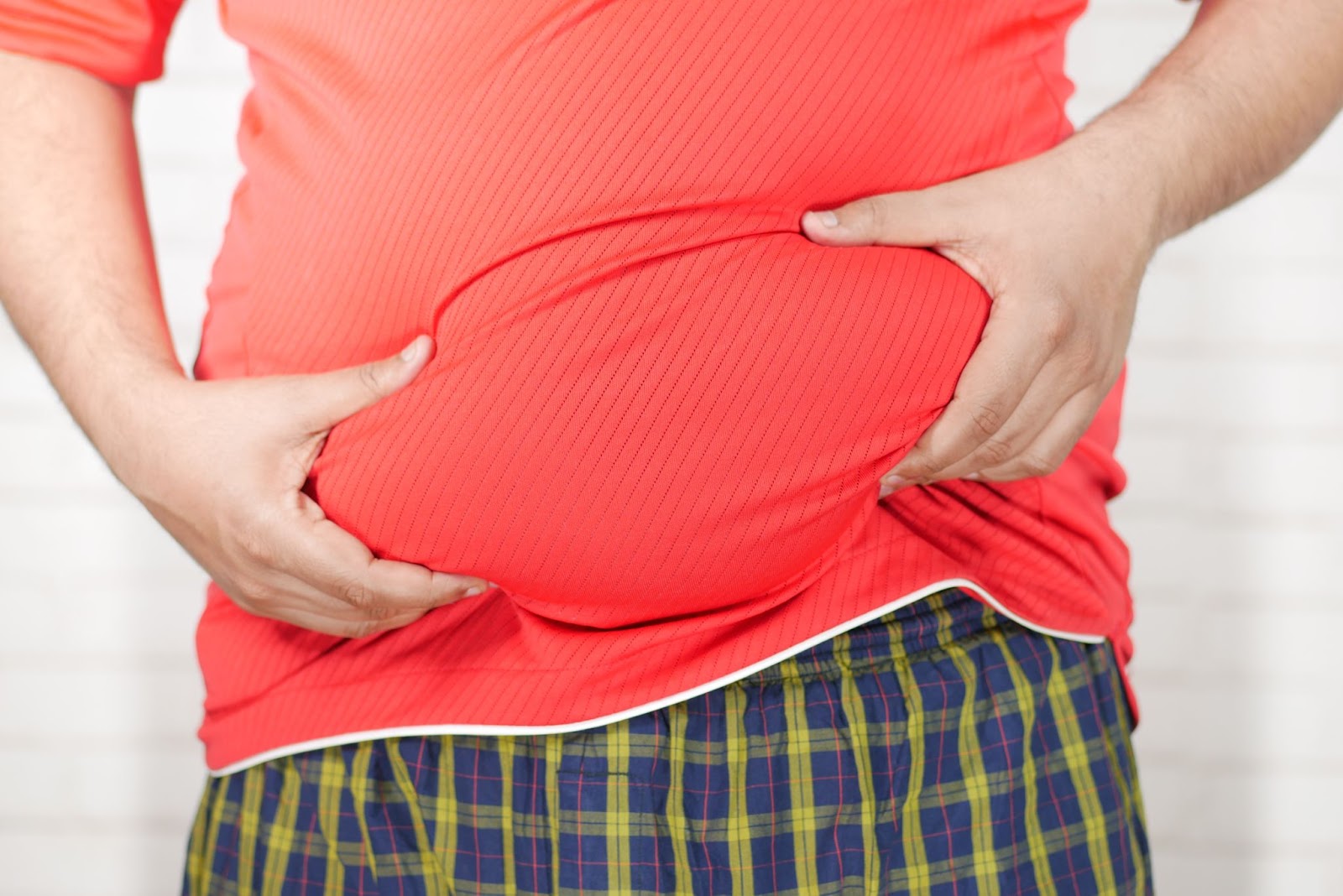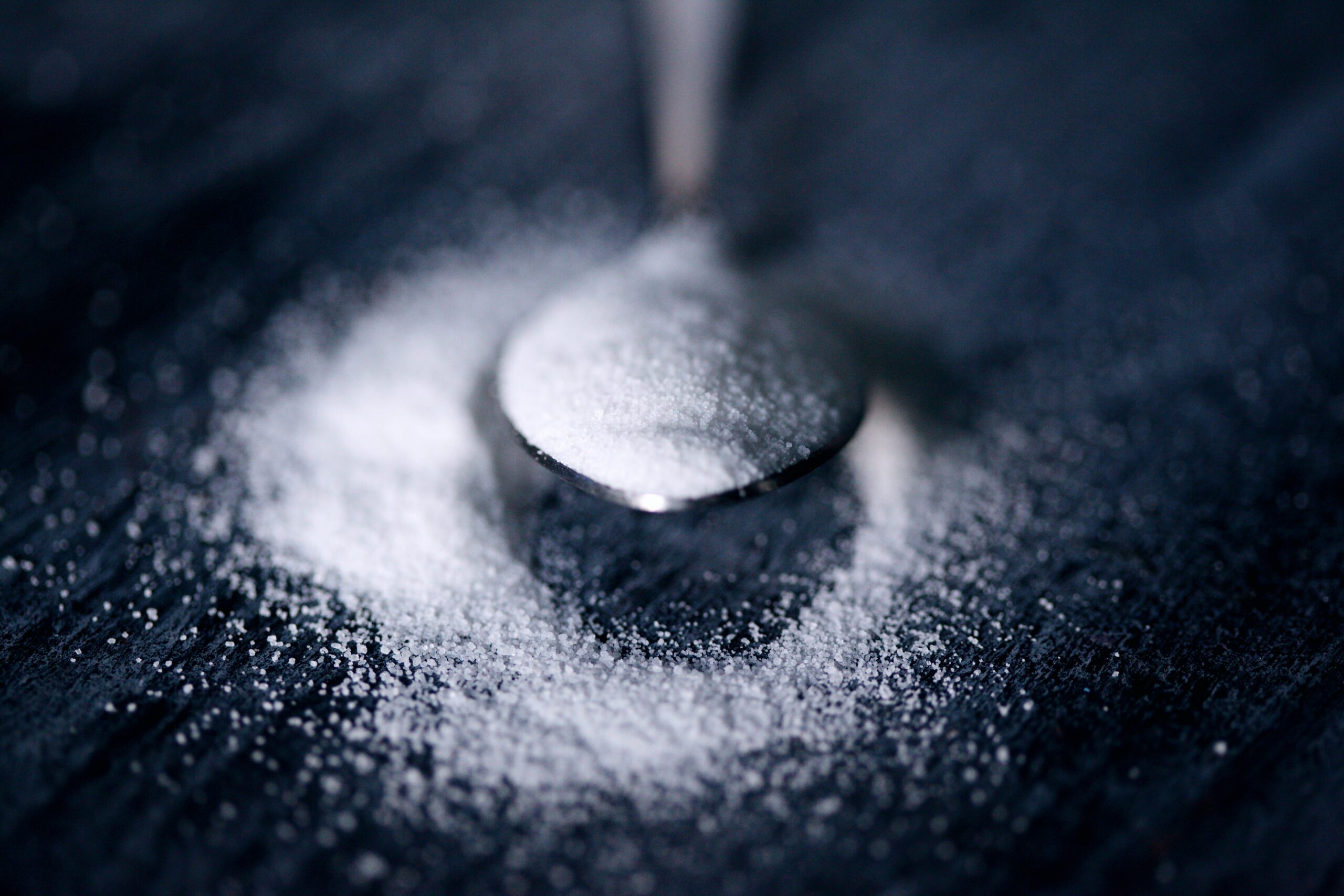
Bloating and gas are never fun. We know, really dropping the controversial statements here. The fact that bloating sucks is an obvious one. What’s somewhat less obvious is what is causing bloating. Diet choices can be a significant factor in how much bloating and gas you put up with during the day. If you’ve suffered from bloating, we might be able to help you pinpoint the causes in this blog.
What causes bloating?
The sensation of bloating can be caused by a few factors, but the most common is simply the accumulation of gas inside the stomach. This is pretty straightforward. If you’re filling your stomach up with air like a balloon, you’re not going to be having a good time. You’re also more likely to be gassy since, well, that air is going to want a way out. There’s no real polite way to put it.
But why the excess gas in your stomach? Generally, your stomach does create some gas during the digestive process as food breaks down. But there are a few reasons why this gas might be getting out of control.
Overeating
Putting too much food in your stomach is probably one of the most surefire ways to end up feeling bloated. If you have to adjust your belt buckle after meals, you likely need to cut back.
Eating too fast
Eating too fast is a path that leads right into overeating. By slowing down, you can let your body signal you are getting full. Eating fast doesn’t just put too much air into your stomach; it also means you’re swallowing a lot of air into your stomach, which then means gas.
Carbonated beverages
If you’ve ever drunk a carbonated beverage too quickly, you know exactly what we’re talking about. There’s nothing inherently wrong about carbonation (you should be worrying way more about the sugar content of these drinks), but if you drink too many of these kinds of beverages or guzzle them quickly, you can expect gas.
Smoking
Yeah, here’s another reason smoking is bad for you. It turns out that sucking in air all the time can lead to excess gas in the stomach. But if you care at all about your health, you shouldn’t be smoking anyways.
Food intolerances
So we’re finally mentioning food as part of the bloating process. This is going to be a somewhat special section. While we’ll discuss foods that could bloat, for many people, the foods that bloat them are linked to specific intolerances.
The best-known example of this is lactose intolerance, wherein certain people get bloated from consuming dairy products. In this case, dietary changes unique to the individual are recommended. For example, going vegan might be a good option for those who can’t break down lactose.
Fatty foods
Alright, let’s get into the meat of this issue. For many of us, the main culprit in causing bloating is the fat content of food. Why does fat content matter? Well, fat is one of the slowest digesting portions of food. That means food high in fat will be in your stomach longer, producing more gas.
Foods high in fiber for the fiber un-initiated
Hold up, fiber is good, right? Fiber is absolutely essential to a healthy digestive system. However, for those who don’t get enough fiber, making the transition to higher-fiber foods can sometimes cause bloating as our digestive systems adjust.
Certain sugars and carbs
Various kinds of sugars and carbs are found in the foods we regularly consume. Many of these sugars and carbs end up fermenting when being broken down, creating a release of gas that causes bloating

Examples of foods that cause bloating
Beans and lentils: These kinds of foods are generally healthy for you. Beans do have a reputation for causing gassiness that we should address. For some, this is because they are a good source of fiber. Other people have difficulty breaking down the sugars and carbs in beans. If you wash and soak your beans, you can reduce the severity of this issue. Also, the more you eat them, the more your body will adapt, causing less bloat over time.
Cruciferous vegetables: Think broccoli, cauliflower, and cabbage. These foods have much the same nutritional profile as beans—lots of fiber, but also lots of sugars and carbs that ferment in your gut. You can cook them instead of eating them raw, or swap for other greens, such as spinach and swiss chard.
Dairy products: Mainly a concern for the lactose intolerant, some people just have a hard time breaking down dairy products. Trying out some vegan alternatives could help alleviate the issues.
Whole grains: Think barley and rye. Just like dairy products cause issues for those with lactose intolerance, whole grains can cause problems for those with gluten intolerance and celiac disease. These grains also can give many digestive systems not used to it a fiber overload.
Fight bloating with Chef V
We’re talking mainly about foods that cause bloating. But there are plenty of foods that can do the opposite. Fruits and vegetables high in water, potassium, or antioxidants tend to be fantastic for gut health. Berries, apples, and bananas are all great for those with gut issues.
Sometimes the key is in the spice. We get so many questions about if turmeric makes you fart. In truth, both turmeric and ginger are great for combating bloating. Even better, these are two spices found in our signature detox soups.
In fact, Chef V has plenty to help with bloating. Our detox juice cleanse includes a green drink with plenty of bloat-fighting foods, such as apples and spinach. Unlike other liquid cleanses, we make sure to include plenty of fiber as well, to avoid a gut meltdown.
If you want to learn more about our 21 day juice cleanse recipes, then check out all the information here, including facts on ingredients and nutrition!